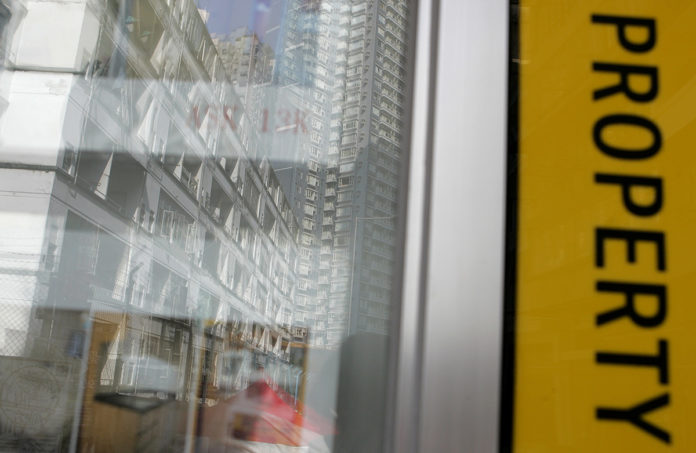“It would be unfair to the remaining landlords when the government rolls out measures for controlling the rental price [of commercial stores],” remarked Oliver Tong, local director and Head of Retail of Jones Lang Lasalle (JLL) Macau, during a press conference reviewing the market in the first half year yesterday.
Unveiled on Monday in the Legislative Assembly, the new rental bill proposes a mechanism allowing the Chief Executive to cap rental prices by taking into account the city’s economic indicators.
“Many street stores are operated by SMEs (small and medium sized enterprises) and the number of landlords for commercial properties decreased significantly when the market for the retail industry was in a dismal state,” said Tong.
Tong stated that many countries cancelled similar measures due to potential decreases in supply and increases in the price of real estate units.
Meanwhile, the real estate agents pointed out the problems that might arise in the commercial rental market because of the new bill, given that landlords cannot unilaterally terminate a tenancy before the expiration of the three-year period.
Tong explained that there are cases in which landlords are advised to invest in the properties – such as adding extra facilities for the operation of tenants’ business – but in which the contract is later terminated prior to its expiry by the tenant.
In addition, the shortage of notary practitioners is an issue, stated Tong, given that the new bill suggests the mandatory signing of contracts by notaries.
Jeff Wong, Head of Residential, disclosed that the number of transactions, in particular in regard to high-end properties, had decreased after the government adjusted the mortgage ratio in May.
The ratio of mortgage loans for real estate acquisition has been readjusted in four housing price categories, with the largest cut applying to the purchase of residential units costing up to MOP3.3 million, down to 70 per cent from 90 per cent.
Wong stated that the measure only affects transactions but that the price remains more or less unaffected.
Wong said that the best way to cope with the high price of real estate in Macau is to supply more units to the market, with the government regularly leasing out land.
“The government may explore the possibility of adding additional binding terms and conditions to the public auction,” said Wong, “such as requiring successful bidders to reserve part of the floor area for building community facilities like public youth apartments.”
The Head of Residential suggested that building youth apartments would be a preferable way to cope with the issue of young people being unable to purchase residential units, as well as attracting investments and supplying more choices to the market.
Optimistic future performance
He perceived that the real estate market in the second half of the year will remain “healthy and stable”, given the positive growth in the city’s gaming revenue, as well as the establishment of many large scale gaming facilities and the completion of the Hong Kong-Zhuhai-Macau Bridge.
Despite the rebound in the market, Wong said the price of residential units will further increase because of “the demand-supply imbalance and the lack of government land scale or housing supply information for the public’s reference”.
According to JLL, capital values for high-end residential properties had increased 8.8 per cent year-on-year, while those of mass-and-medium residential properties rose 6.0 per cent.
Apropos the office market, Alison Yip, Associate Director of Office Leasing, said the relocation of the Court of First Instance from Macau Square to its new location would result in more vacancies in the Nam Van district in the second quarter of 2017.
Data gathered by JLL revealed that the rental value for the office market had dropped 1.7 per cent year-on-year.
In the first half of 2017, the performance of retail “had gone back to 2015’s growth,” Tong said. According to JLL data, the overall indices for retail rental and capital value decreased 6.4 per cent and 1.4 per cent, respectively, year-on-year.
























